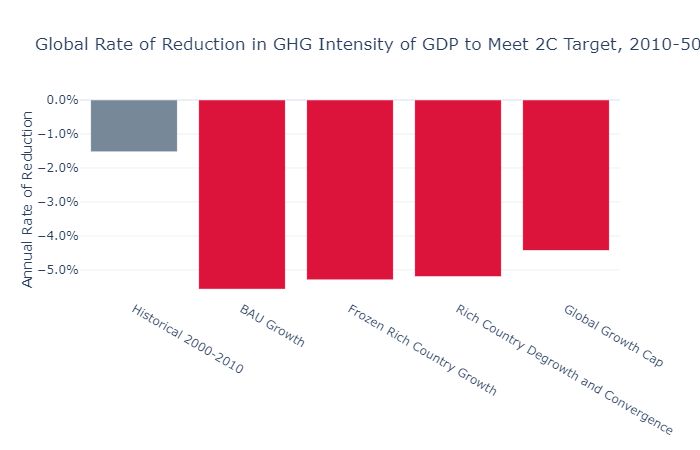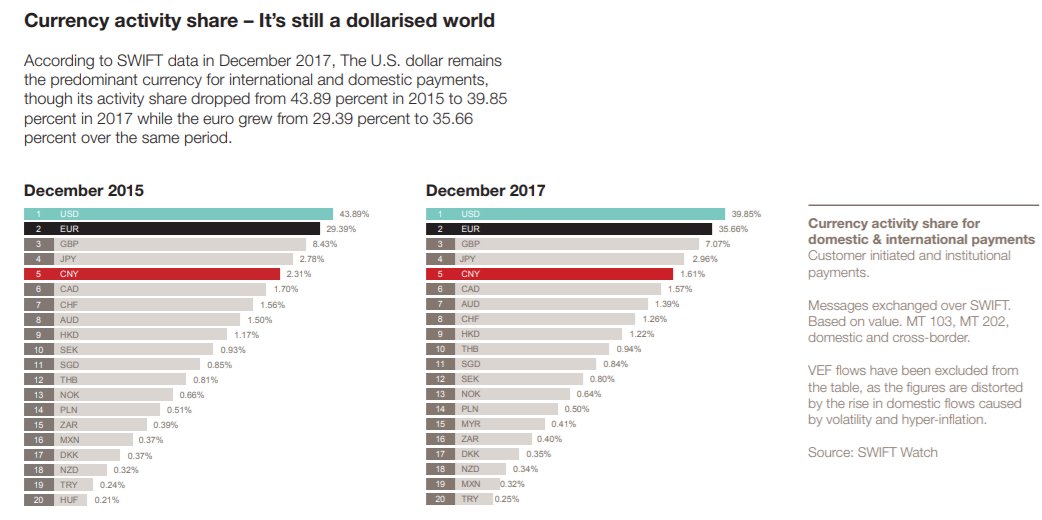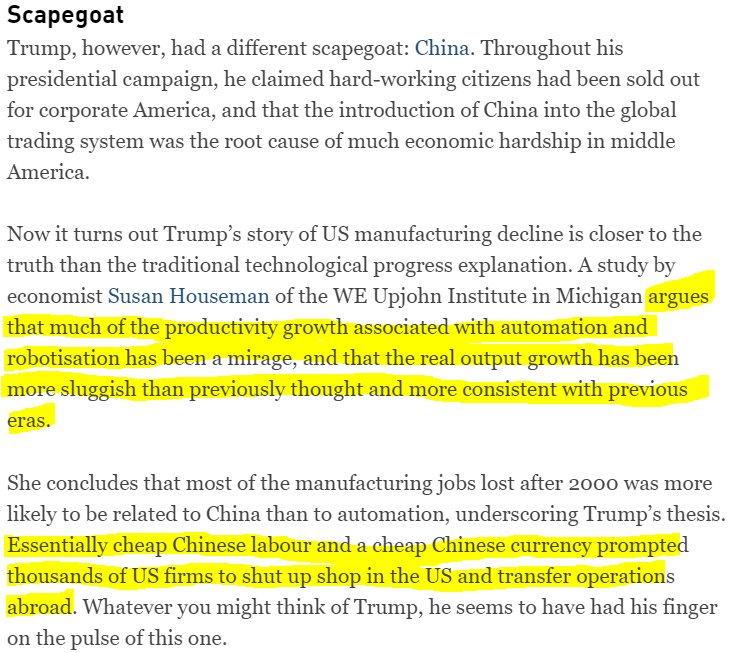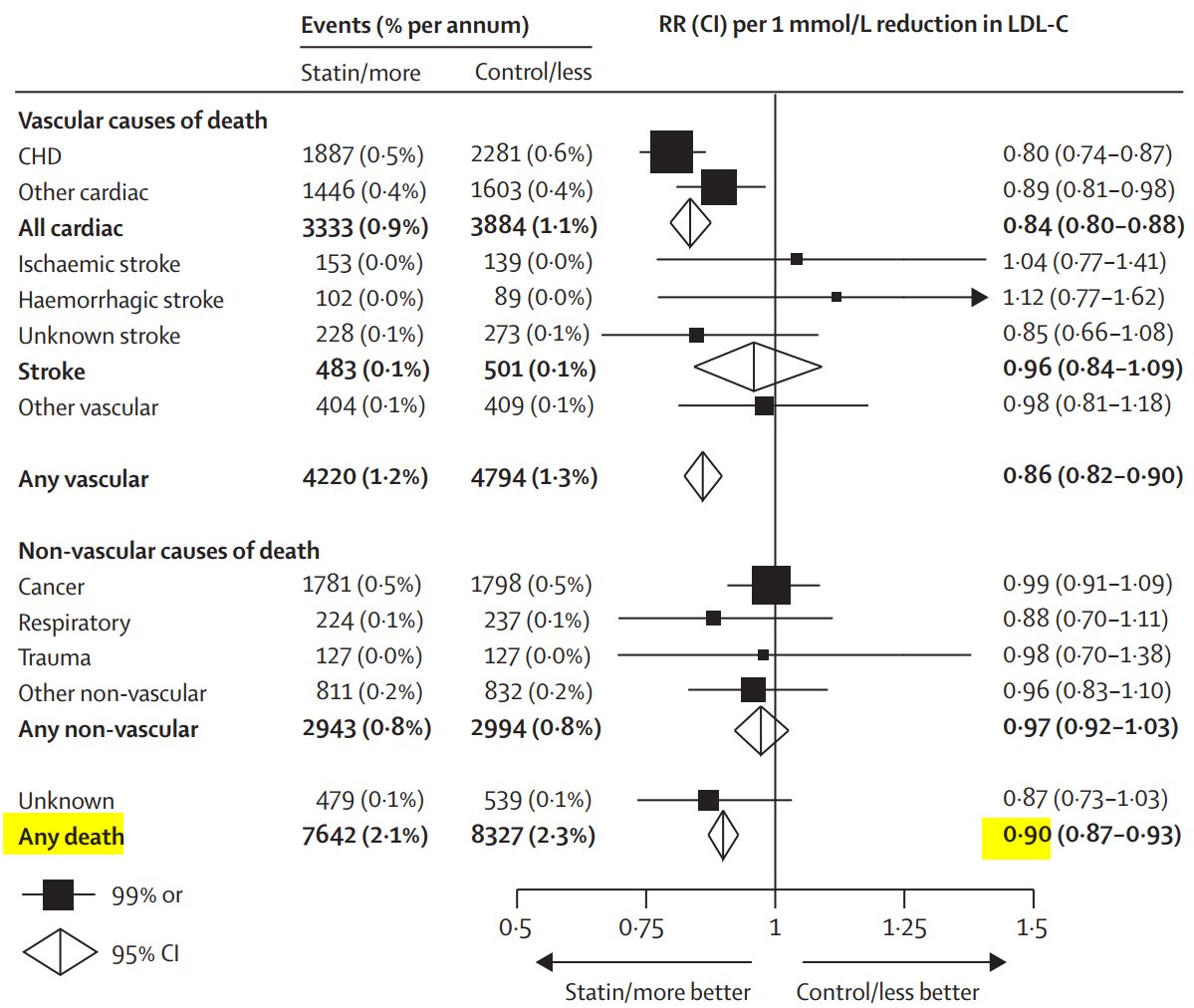Here's why I don't draw the same conclusion as others looking at the UK's electricity sector transition.
One: from 2005 peak UK electricity demand has declined 1.4% per year. Relative to the pre-2005 trend, that's 140 TWh by 2018.
This really, really matters, because we need the transition to work in countries where electricity demand is growing at >3% per year (China, India, SE Asia).
UK is not an example of this.
UK's growth of gas in the 90s was exceptional. Not only does this provide an example of a faster sustained CAGR of a fossil-based alternative to coal, it also provided the UK with a large base of flexible, amortised supply-side options to integrate RE.
Again, this matters: the UK's growth of gas to drive down coal, and its availability as a supply-side flexibility option cannot be repeated in China and India, which lack this resource.
Please be clear, I'm not belittling the UK's huge achievements in transition and climate policy, the most significant of which - I think - is the driving down of costs in offshore wind.
But we need to be clear: the UK model can't yet be repeated where it matters.
We need:
- Much stronger policies on efficiency to hold down demand growth.
- Our current technologies are not good enough to keep pace with >3% per year demand growth.
- We need more innovation.
- Innovation comes from smart deployment, just as much from R&D.
Please stop putting up graphs of UK elec system representing technology 'shares'.
The denominator matters: the picture looks completely different when its growing at 3% per year.
Absolute rate of growth in TWh of clean energy matters.

























